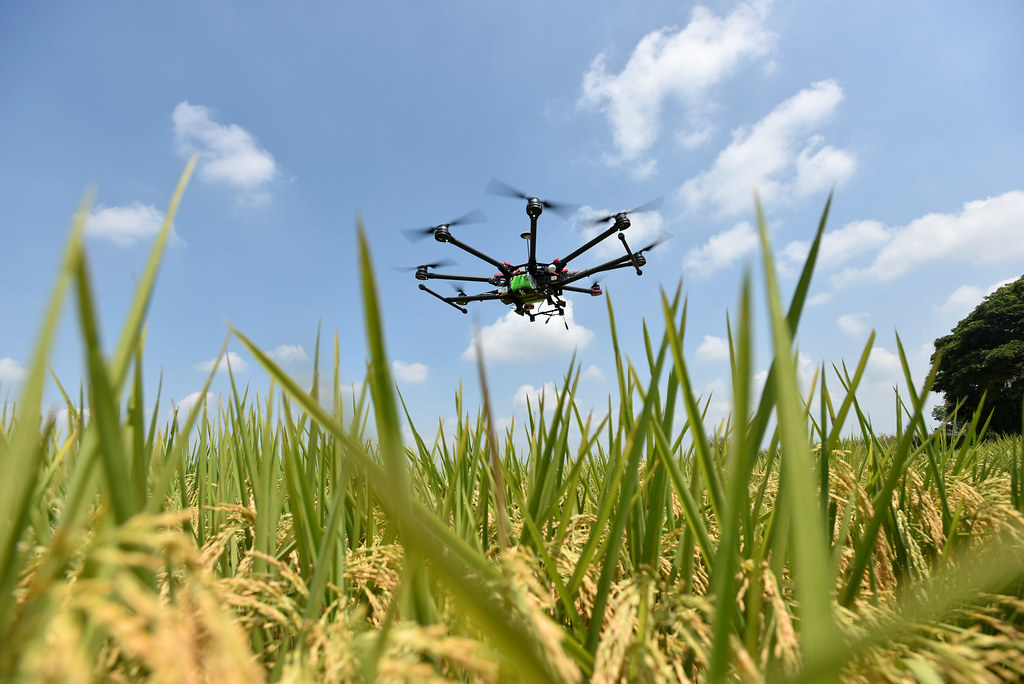-
RAAF
Contributing to the implementation of the Regional Agricultural Policy
RAAF Approach is essentially based on getting things done.
-
Thematics

Thematic areas
The implementation of the Regional Agricultural Policy (ECOWAP) is built around nine thematic areas.
-
Projects
- Renforcement des capacités pour la mise en œuvre de l’ECOWAP en Afrique de l’ouest
- At the end of PRAPS-1, which achieved significant progress in relation to most of the issues relating to animal health, sustainable management of rangelands and pastoral resources, livestock trade, and prevention and management of pastoral crises, the Wor
- Fruit flies are a major problem for the horticultural sector in West African countries. They destroy 50 to 80% of fruit production.
- The Global Climate Change Alliance Plus (GCCA+) is the second phase of an initiative of the same name launched by the European Commission in 2008
- West Africa is one of the most vulnerable regions in the world.
- Renforcement des capacités pour la mise en œuvre de l’ECOWAP en Afrique de l’ouest
- West Africa is facing three major challenges: (i) structural food and nutritional insecurity, (ii) the effects of climate change (droughts, aridity, floods, etc.), (iii) salinization and physico-chemical degradation of agricultural land.
-
News
Follow our news and events
-
Resources
Contents
More information on our work.
-
Multimedias
Interaction
Audio-visual based communication
-
Opportunities
Get Involved
- Portals
Under this thematic area, several projects are being implemented with the support from technical, financial and development partners including the World Bank, European Union, French development Agency, African Development Bank, Swiss, Swedish and German Cooperations and FAO.
The Project for Integrated and Secure Livestock Farming and Pastoralism in West Africa (PEPISAO) for example, reinforced implementation of conflicts prevention and management approaches in targeted zones, capitalisation, exchange and dissemination of initiatives as regards prevention, management and transformation of conflicts. On behalf of ECOWAS, the Project coordinates the development process of a regional shared vision on mobile breeding systems, and renegotiation of regulatory frameworks. Capacity building is led by the Project in synergy with the African Union Border Project, PREDIP and PRAPS. The focus is on (i) training magistrates and security and defence forces, to raise awareness on conflicts for access to natural resources, (ii) organising dialogues among Farmers’ Organisations and Regional Farmers’ Organisations of Sahelian and coastal countries, with a view to highlighting best practices as regards prevention, management and transformation of conflicts among users of natural resources, (iii) training journalists from Community radios in highly conflict-prone zones and (iv) creating a virtual radio soundcloud.com/user-445095840. In the margin of these actions, PEPISAO and other regional projects facilitate organisation and holding of high-level dialogue for peaceful transhumance.
As regards animal health, COMATAO/PREDIP invested efforts in activities which contributed in controlling transboundary animal diseases having an impact on animal and human health. Regional strategies were developed on: (i) animal health and wellbeing, (ii) identification and traceability of livestock and (iii) controlling the spread of vector-borne diseases. The following activities were undertaken: a review of epidemiologic situation in the ECOWAS space during the last five years, building regional capacities for diagnosis, supporting veterinary laboratories, updating countries’ regulations as regards veterinary medicinal products and harmonising vaccination campaigns among coastal countries and Sahelian countries transhumant herds, regardless of their geographical location in the Community space.
For regional integration of policies, harmonization of regulations and coordination of countries as regards management of animal health, the Regional Sahel Pastoralism Support Project (PRAPS) made a strong contribution. To implement this component, an agreement was signed between ECOWAS and CILSS in July 2021 for a duration of six years. In the light of the successful achievement of the first phase, PRAPS 2 will continue investments intended to improve animal health systems, access to natural resources and governance, support local and transnational peaceful movements along transhumance corridors and increase incomes.
Besides, several technical collaboration partnerships (TCP) were signed with FAO, notably on assessment of the fodder potential in the ECOWAS space. Moreover, for the support Project for control and eradication of Peste des Petits Ruminants (PPR) and Rift Valley fever (FVR) an agreement was signed in August 2021 between the Swiss Cooperation and ECOWAS to finance the Project consolidation and its extension until December 31st, 2022. The support Program for livestock and meat trading in West Africa (PRIDEC/PACBAO) provided continued institutional and operational capacity building for ECOWAS, specifically for the Regional Animal Health Centre (CRSA) and COFENABEVI. The Programme implemented and monitored 16 field pilot projects for livestock and meat marketing.
In the coming years, these initiatives shall seek to reinforce synergy with regional institutions in order to better contribute to policies integration, harmonisation of regulations and strengthening of coordination among countries, hence fully contributing to reducing poverty in West Africa.
Read more...
- Livestock farming and pastoralismPublication date:
- Climate change
- Climate change